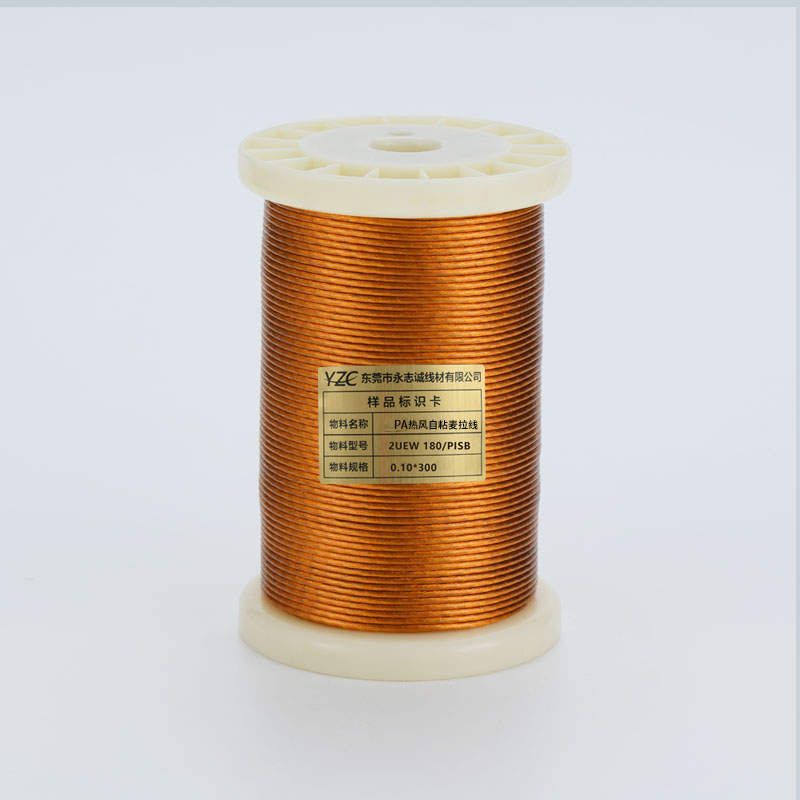Mailing wire is a material with unique properties, and its strength and pressure bearing capacity are influenced by multiple factors.
From the composition of the material itself, the strength of the wheat wire largely depends on the characteristics of its raw materials. If it is mainly made of high-strength fibers, such as carbon fiber, these fibers have high tensile strength. The atomic structure of carbon fiber enables it to effectively resist external stretching, and its internal carbon carbon chemical bonds are very strong. In an ideal state, carbon fiber wheat wire can withstand several tons of tensile force without breaking.

The weaving method or manufacturing process of wheat thread also plays a key role in strength. A tight and orderly weaving structure can make the wheat thread more durable. For example, by using multi-layer weaving or special twisting methods, the stress of the tensioning wire can be evenly distributed throughout the entire structure when subjected to pressure. Just like a thick rope woven from numerous ropes, each rope shares a portion of the pressure, and this synergistic effect allows the wheat rope to withstand much greater pressure than a single fiber.
In practical application scenarios, the pressure bearing capacity of the tensioning wire may also vary depending on environmental conditions. In a dry environment at room temperature, wheat straw can exhibit good strength performance. But if it is in a high temperature environment, the material may undergo thermal softening, resulting in a decrease in its strength and a corresponding reduction in the pressure it can withstand. On the contrary, in low-temperature environments, although materials generally do not soften, they may become brittle, their toughness decreases, and they are more prone to fracture when subjected to dynamic pressure or impact forces.
Taking the field of architecture as an example, when using tensioning wires to reinforce concrete structures, they can withstand the pressure generated by the weight of the building itself and external loads that may be borne (such as wind loads, seismic forces, etc.). Generally speaking, high-quality cables can withstand pressures of several hundred megapascals per square millimeter in this application scenario. This enables it to effectively enhance the tensile performance of concrete and prevent structural damage such as cracks.
In the aerospace field, Maillard is used to manufacture certain components of aircraft, such as the reinforcement structure of wings. Due to the enormous aerodynamic forces and various complex stresses that aircraft undergo during flight, the Mailing Line needs to withstand extremely high pressure. At this point, the strength requirement for the tensioning cable is higher, capable of withstanding pressures of several gigapascals per square millimeter to ensure the safety and reliability of the aircraft structure.
In short, the strength and pressure bearing capacity of the pull wire are complex performance indicators, which are determined by multiple factors such as materials, processes, and environments, and have different requirements and performances in different application scenarios.